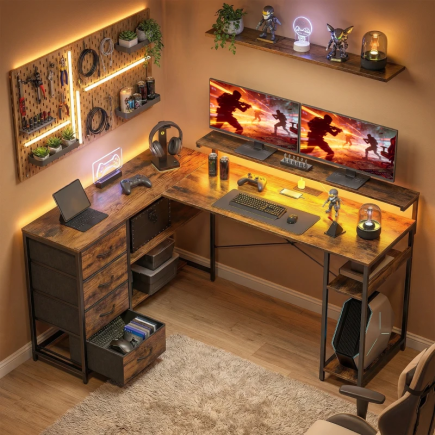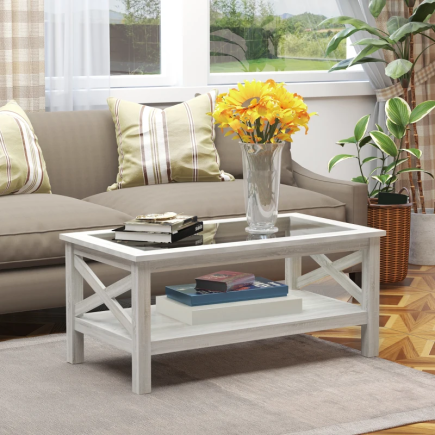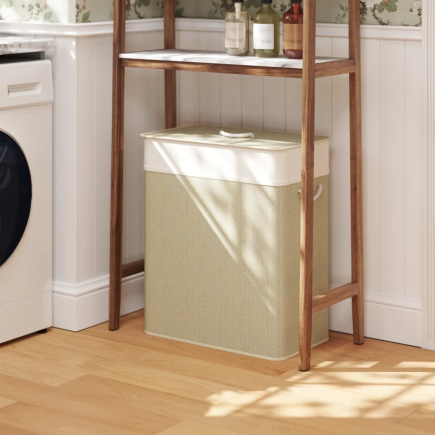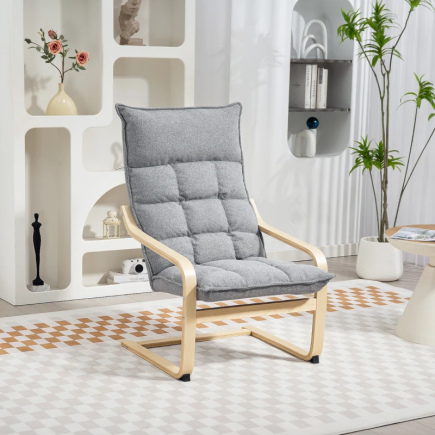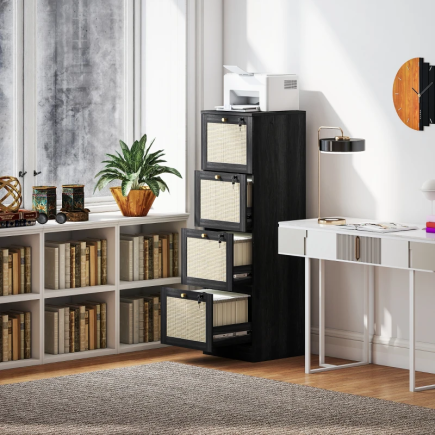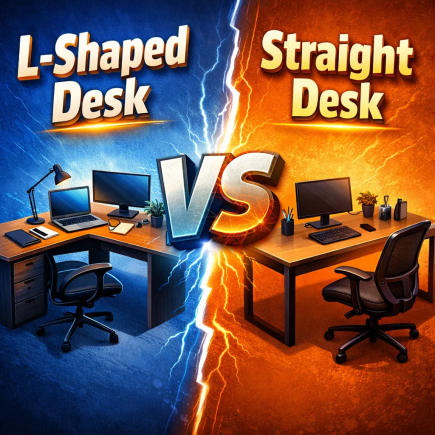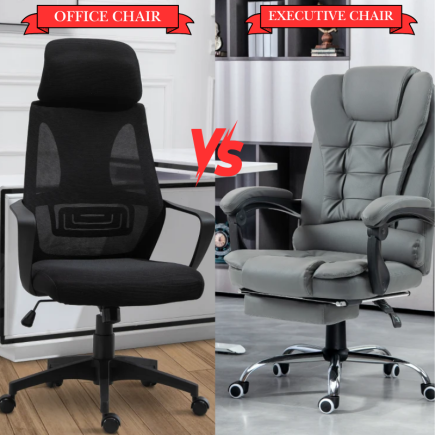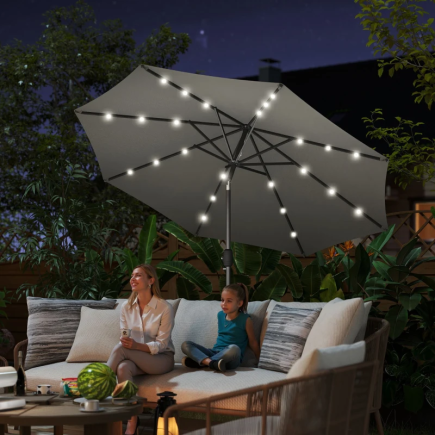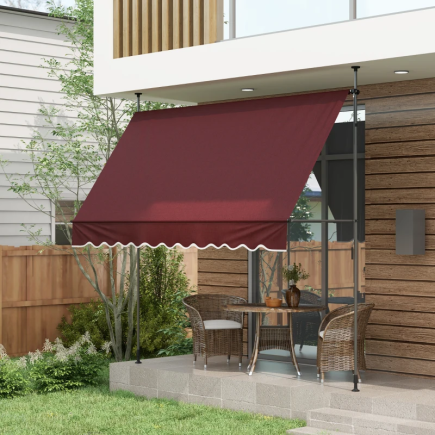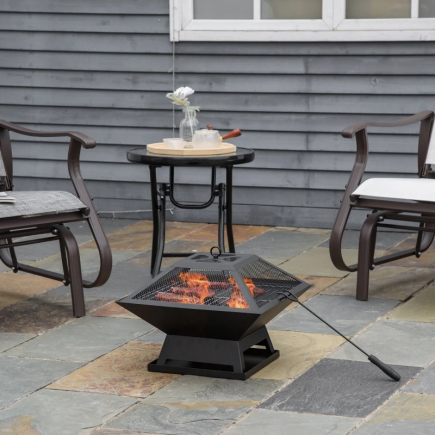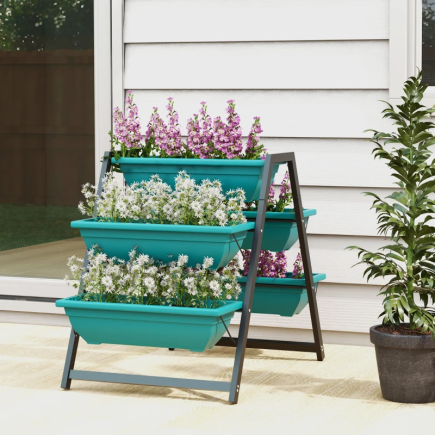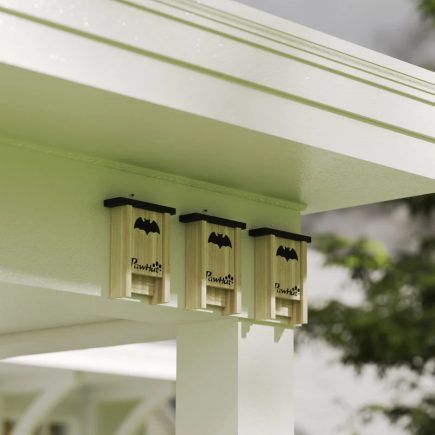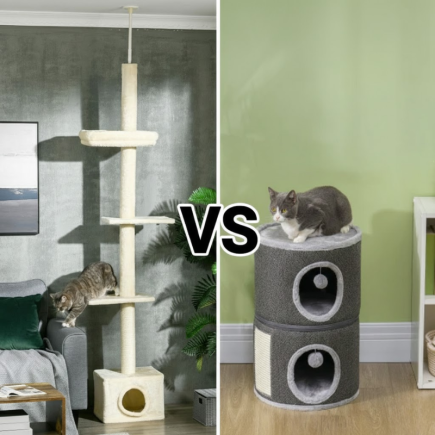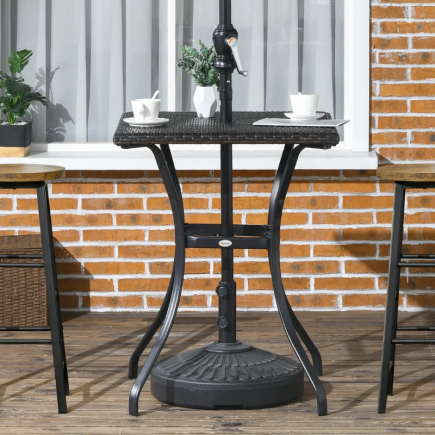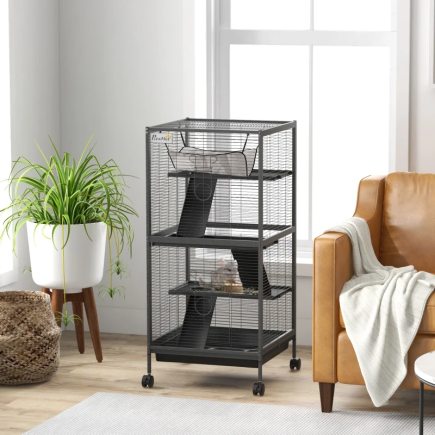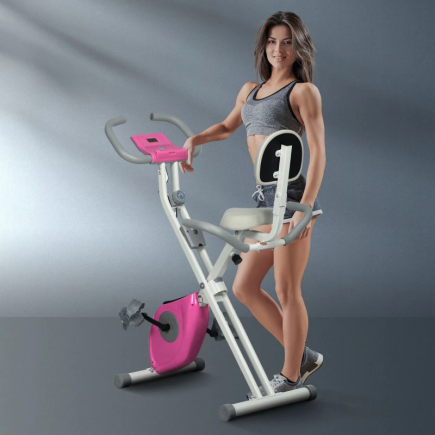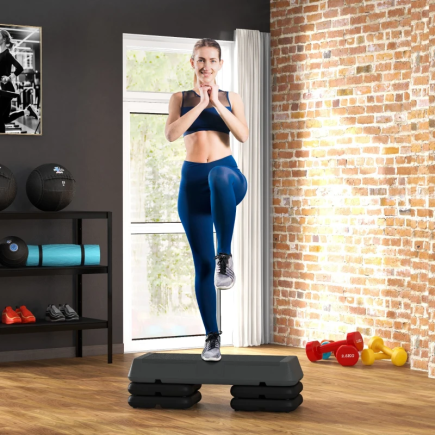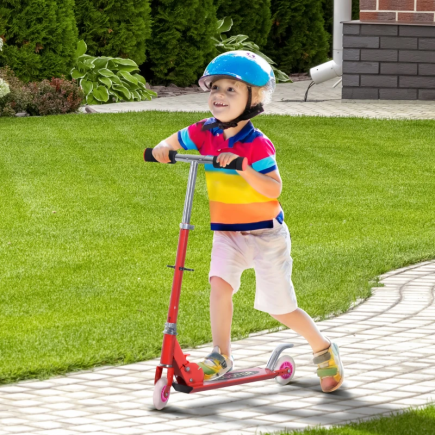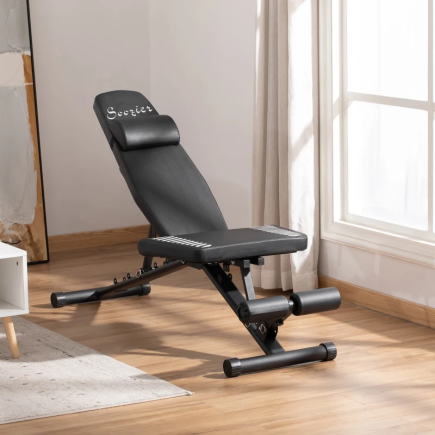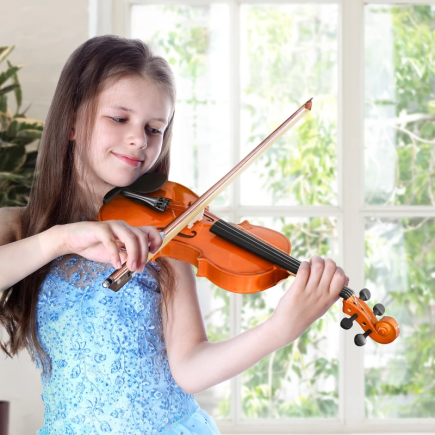
Family camping brings everyone closer, offering memorable moments under the stars and quality time away from daily distractions. But, choosing the right tent can make or break the experience. With countless options available, finding the perfect tent can feel overwhelming. This guide simplifies the decision-making process by breaking down 10 impactful family tent types, along with practical insights to help you pick the best one for your needs.
Key Features to Consider in Family Camping Tents
Before you start shopping, there are a few critical elements to prioritize when choosing a family tent. Here’s a streamlined checklist of what to look for:
- Capacity: Manufacturers often overestimate the number of people a tent can sleep. Choose a tent with two extra spaces beyond your group size for comfort.
- Weather Resistance: Look for waterproof materials (minimum 2000mm rating), a sturdy rainfly, and sealed seams for wet conditions.
- Ease of Setup: Large family tents often mean more complex assembly. If simplicity matters to you, consider instant or inflatable tents with user-friendly features like pre-attached poles or pop-up designs.
- Ventilation: A good family tent needs breathable materials, mesh windows, and roof panels to combat condensation.
- Durability: Materials like polyester or nylon for fabric and aluminum poles can handle repeated use.
- Storage & Design: Consider interior pockets, gear lofts, and separate entryways to keep things organized and functional.
With these essentials in mind, here’s a complete list of family camping tent types to explore.
1. Cabin Tents

Cabin tents are beloved for their spacious, home-like design. With near-vertical walls and plenty of headroom, these tents create designated zones for relaxation, sleeping, and gear storage. Many models feature room dividers, creating private sleeping compartments for families.
Features:
- High ceilings for movement and comfort.
- Separate “rooms” for privacy or storage areas.
| Pros | Cons |
| Ample interior space | Bulky and heavy for transport |
| Dividers for privacy | Takes longer to set up |
| Great for extended stays | Less stable in strong winds |
Best Use: For families staying at one campsite for multiple days who value comfort and organization.
Pro Tip: Keep rain-soaked shoes or gear in an extended vestibule to avoid creating mud tracks inside.
2. Dome Tents

A Dome Tent is all about simplicity, offering stability in windy conditions thanks to its curved shape. These compact tents are easy to pitch and great for smaller families on shorter trips.
Features:
- Lightweight and designed for portability.
- Aerodynamic to handle moderate weather.
| Pros | Cons |
| Quick and easy to set up | Limited standing height |
| Handles wind and rain well | Less space for larger families |
| Lightweight for transport | Fewer internal compartments |
Best Use: Great for weekend trips or couples with one or two kids.
3. Tunnel Tents

Tunnel tents provide a spacious layout and are ideal for storing gear or dividing sleeping areas. Their elongated shape and flexible poles create multiple large zones inside.
Features:
- Flexible living and sleeping compartments.
- Ventilated design for airflow in warm settings.
| Pros | Cons |
| Ample space for families | Requires more setup space |
| Multiple well-defined areas | Heavier than simpler tents |
| Great for families with kids | Can take longer to pitch |
Practical Tip: Pick a model with a screen porch for added shade or bug-free outdoor seating.
4. Instant Tents

Instant tents are built for families who value ease of use. These tents literally pop up in seconds, requiring little effort to assemble. They are especially suited for first-time campers or those heading out on spontaneous adventures.
Features:
- Pre-attached poles for rapid assembly.
- Compact storage bag for portability.
| Pros | Cons |
| Super fast setup | Not ideal for severe weather |
| Convenient for beginners | Limited advanced features |
| Perfect for short trips | Durability can vary |
Pro Tip: Always practice collapsing your instant tent at home to avoid frustration at the campsite.
5. Geodesic Tents

Geodesic tents are designed for stability, featuring intersecting poles that create a strong frame. These tents can withstand strong winds and heavy rain, making them excellent for challenging conditions.
Features:
- Engineered for rugged environments.
- Reinforced poles offer additional protection.
| Pros | Cons |
| Reliable in extreme weather | Higher price range |
| Highly durable materials | May require assembly time |
| Great for tough terrains | Typically heavier |
Best Use: Families camping in high-altitude or windy areas with unpredictable weather.
6. Inflatable Tents

Inflatable Tents replace traditional poles with air beams, making setup straightforward. These tents often deliver the same space and comfort as cabin tents but with less fuss.
Features:
- Air-supported structure inflated via pump.
- Spacious interior with a streamlined design.
| Pros | Cons |
| Extremely easy to assemble | Relies on pump functionality |
| Open and cozy interior | Heavier and costlier than average |
Pro Tip: Pack a manual pump as backup in case of power issues or equipment failure.
7. Rooftop Tents

Rooftop Tent attach to the roof of vehicles, creating a raised sleeping area. These are gaining popularity among families who enjoy overlanding or car-based camping.
Features:
- Elevated for better safety and comfort.
- Quick to unfold and retract.
| Pros | Cons |
| Keeps you above ground pests | Requires roof rack setup |
| Easy vehicle-based travel | Limited sleeping area |
Best Use: Families who love car camping or frequent road trips.
8. Car Camping Tents

Car Camping Tent incorporate vehicles into their design, extending living space by connecting to a car’s trunk or back area.
Features:
- Works with SUVs or vans for added room.
- Flexible layouts to combine indoor and outdoor spaces.
| Pros | Cons |
| Utilizes vehicle space | Car dependency |
| Convenient for road campers | Limited to accessible campsites |
Pro Tip: Double-check weight ratings for your car roof if combining with rooftop additions.
9. Backpacking Tents

Lightweight and portable, backpacking tents are compact solutions for families or small groups trekking on foot.
| Pros | Cons |
| Ultra-light and portable | Limited interior space |
| Great for hiking/trail use | Not ideal for long stays |
Features:
- Minimalistic design focused on weight reduction.
- Compact sizes and easy to carry.
Practical Use:
Best for families who value gear portability over elaborate camp setups.
10. Expandable Tents

Expandable tents provide a modular approach to family camping, allowing you to adapt your shelter as your group grows or your needs change. These tents often feature zip-on or clip-in attachments that can transform a single-room tent into a multi-room setup with sleeping areas, storage compartments, or even screened porches.
| Pros | Cons |
| Modular and scalable design | Potentially costly add-ons |
| Works well for larger groups | Extra setup time needed |
Best Use: Families that want long-term flexibility, often camp with friends, or plan extended trips where space and comfort are key.
Pro Tip: If you’re starting with just the core unit, make sure it’s fully functional on its own before investing in add-ons. This ensures you have a reliable shelter even if you don’t expand immediately.
Goodbye Stress, Hello Laughs!
Camping is a mix of chaos and bliss. Explore Camping Tents to find the perfect shelter for your next adventure. With the right tent, you’ll have a secure, comfortable base for every misadventure. Whether you’re enjoying a peaceful night or chasing kids around the campsite, make the unexpected part of the fun!
FAQs
1. What should I do if it rains during my camping trip?
Opt for a tent with a waterproof rating of 2000mm or higher and ensure it has a sturdy rainfly and sealed seams. Keep your gear dry by storing wet items in a vestibule. Always check weather forecasts ahead of time.
2. What type of tent is best for windy conditions?
Geodesic tents are the most stable in windy conditions thanks to their intersecting pole design. Their reinforced structure offers better protection against strong winds. Ensure the tent is properly staked and guyed down for added stability.
3. What’s the best tent for a car-based camping trip?
A Rooftop Tent or Car Camping Tent is ideal for families on the go. These tents offer easy setup and connect to your car, providing additional living space and protection. Choose a model that fits your vehicle and camping needs.

